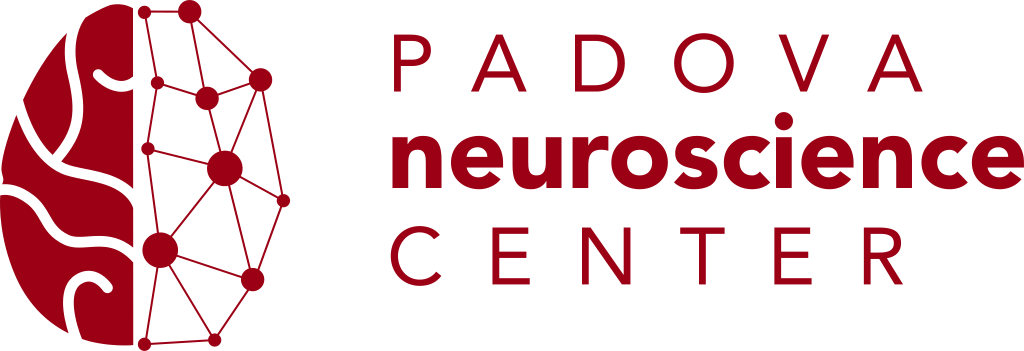EBRAINS is pleased to announce that the University of Padua has joined the EBRAINS AISBL as an associate member.

The membership will give the University of Padua the opportunity to co-design future iterations of EBRAINS’ cutting-edge tools and services. These state-of-the-art capabilities – which include an extensive range of brain data sets, a multilevel brain atlas, modelling and simulation tools, and access to high-performance computing resources and robotics and neuromorphic platforms – aim to help European researchers to address major challenges in brain health.
Founded in 1222, the University of Padua (UNIPD) is one of Europe’s oldest and most prestigious seats of learning and has a long tradition and consolidated reputation for scientific excellence. With over 70,000 students (over 7,000 international students) and about 2,200 professors and researchers within its 32 departments, 40 doctoral degree programs, and 44 interdisciplinary research centers, UNIPD covers an exceptionally broad research scope including Arts & Humanities, Social Sciences, Engineering, Physics, Technology, Life Sciences, Medicine, and Natural Sciences.
Supported by 7 Departments, the Padova Neuroscience Center – PNC is an UNIPD research facility with 93 research affiliates among full, associate, and assistant professors, and it hosts the UNIPD PhD Program in Neuroscience. PNC provides scientific and technical expertise in five areas: “Multimodal Neuroimaging and Analysis Methods”, “Circuits and Cellular Neuroscience”, “Cognitive, Affective and Behavioral Neuroscience”, “Translational and Clinical Neuroscience”, and “Computational Neuroscience”. For more information about PNC, please write to administration.pnc@unipd.it or visit https://www.unipd.it/en/.
“We are thrilled to join as an Associate Member the European EBRAINS network. This membership will enable our researchers to actively participate in collaborative teams focused on neuroscience, brain health, and brain-inspired technology. We believe that this partnership will open up new avenues for advancing brain-related research and that the collaborative network of EBRAINS will accelerate our efforts in understanding the brain’s complex dynamic system. We look forward to the opportunities this collaboration will bring.”
Prof. Alessandra Bertoldo
Director of the Padova Neuroscience Center, UNIPD
“This offers a unique opportunity for Padova to become a leading hub for clinical neuroscience within Europe’s leading neuroscience bioinformatics platform, significantly enhancing biomedical research. Additionally, joining the EBRAINS community will allow us to broaden and deepen our international collaborations.”
Prof. Maurizio Corbetta
Founder of the Padova Neuroscience Center, UNIPD
“We are delighted to welcome the University of Padua as an associate member at EBRAINS. The university brings with it a wealth of experience in many branches of brain research, including neuroimaging, cognitive neuroscience, and computational neuroscience.”
Philippe Vernier
Joint-CEO of EBRAINS
About EBRAINS
The EBRAINS research infrastructure, a key outcome and legacy of the EU-funded Human Brain Project (HBP), was officially launched in 2019. Two years later, in 2021, EBRAINS was included in the Roadmap of the European Strategy Forum on Research Infrastructures (ESFRI). In this next phase, after the recent conclusion of the HBP, EBRAINS will complete the transition into a sustainable infrastructure.
EBRAINS is an open research infrastructure that gathers high-quality research data, tools and computing facilities for brain-related research, built with interoperability at the core. The infrastructure offers an extensive range of FAIR data sets, a most comprehensive multilevel brain atlas, AI-based tools for analysis, modelling and simulation tools, and access to high-performance computing resources, robotics and neuromorphic platforms to researchers.


